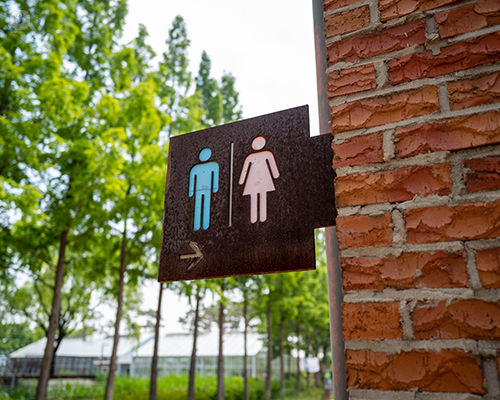Acute urinary retention: An expert's guide
Written in association with:Acute urinary retention is a painful and distressing condition that requires immediate medical attention. In his latest article, consultant urologist Mr Andrew Ballaro explains acute urinary retention in detail, including its causes, treatments and symptoms.
What is acute urinary retention?
Acute urinary retention is the sudden and painful inability to pass urine.

What are the symptoms of acute urinary retention?
The symptoms are the inability to pass urine when you feel the need to, and this is associated with increasing pain in the lower abdomen, distress and anxiety.
What are the common causes of acute urinary retention?
Acute urinary retention can occur in both sexes but is more common in men due to prostate problems. It may be precipitated by factors which increase the resistance of the outflow tract of the bladder, reduce the ability of the bladder to contract, or both. Such events include urinary tract infection, constipation, general or regional anaesthetics, and operations on the urinary tract.
Urinary retention can also be precipitated by drinking excessive amounts of alcohol and prolonged periods of having to hold on to the urine for example during a long journey, which can overstretch the bladder and reduce its ability to push the urine out. Sometimes there is no obvious precipitating cause and it happens out of the blue when it is termed spontaneous. Both spontaneous and precipitated urinary retention are commonly associated with previous symptoms of difficulty passing urine or prostate problems.

How is acute urinary retention treated?
Initial treatment of acute urinary retention involves the insertion of a urinary catheter to drain the urine and enable the bladder to empty. This normally requires attendance to the A+E department. Investigations will be done to try to identify treatable precipitating causes which are then treated, and tablets to relax the prostate are normally started. Arrangements are then made to remove the catheter and monitor whether the patient can pass urine again. This is called a Trial WithOut Catheter- or TWOC, and normally occurs in a nurse-led dedicated TWOC clinic.
If the patient is able to pass urine when the catheter is removed we usually advise continuing the medication for a few months. If not, the catheter has to be reinserted and the treatment options are then to stay with the catheter, which is suitable for some very elderly or frail patients, be taught self-intermittent self-catheterisation, or most commonly to have an operation on the prostate. Surgical operations work by removing the obstructing part of the prostate gland, and include Transurethral resection of the prostate (TURP), and Holmium Laser enucleation of the prostate (HoLEP).
Will acute urinary retention go away on its own?
Acute urinary retention does not resolve on its own and requires a catheter to be inserted to relieve the blockage and pain. However, after a short period of catheterisation which allows the bladder to recover, about half of patients are able to pass urine again when the catheter is removed. Urinary retention is not helped by drinking more water, and may be a sign of something more serious, so patients should be examined and investigated by a urologist. The condition is an emergency, can be extremely painful and distressful and requires urgent medical care.
Mr Andrew Ballaro is a leading consultant urologist based in London and Brentwood. If you would like to book a consultation with Mr Ballaro to discuss any urological concerns you may have, you can do so via his Top Doctors profile.


